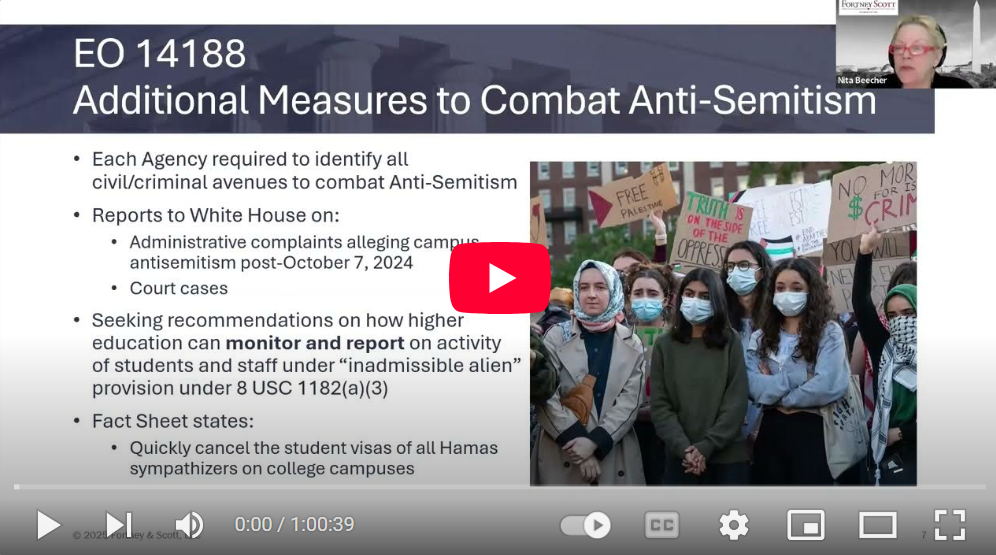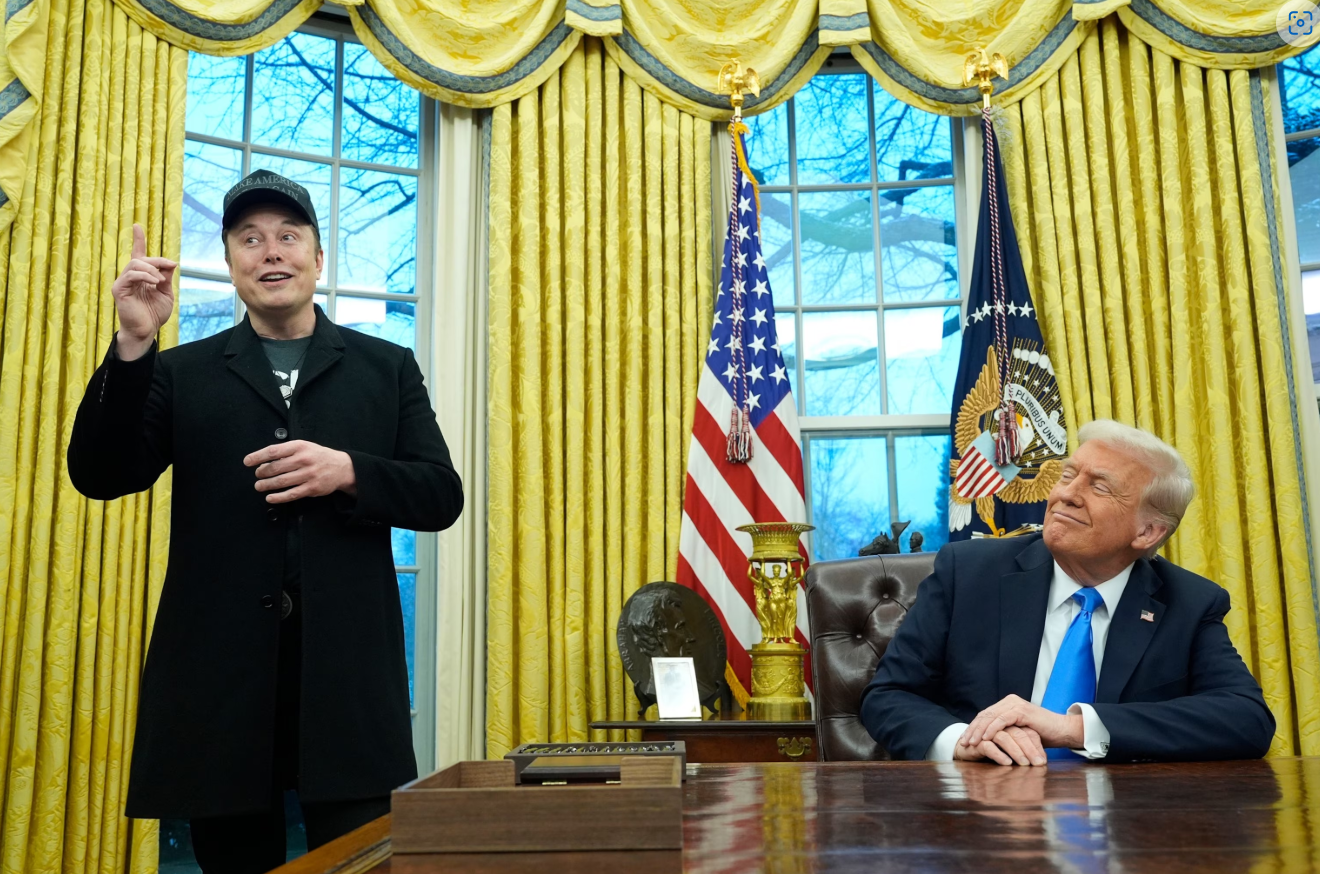News & Events
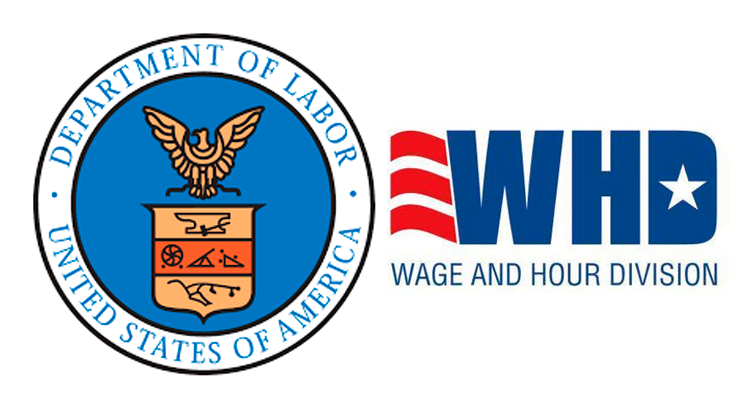
Today, the DOL published a Field Assistance Bulletin (FAB) to provide enforcement guidance to the DOL’s Wage and Hour Division (WHD) field staff when determining whether an independent contractor has been misclassified under FLSA. Specifically, the DOL’s Press Release states that the agency is still reviewing the 2024 final rule, Employee or Independent Contractor Classification Under the Fair Labor Standards Act (2024 Rules) and, therefore, WHD investigators are directed not to apply the 2024 Rule when determining employee versus independent contractor status in FLSA investigation. Instead, investigators are told to rely on the prior version of Fact Sheet 13 that was issued in July 2008 which is included in the FAB, and reinstated Opinion Letter FLSA 2019-6 with respect to any matter for which no payment has been made for back wages and/or civil money penalties as of May 1, 2025. It's important to note that the 2024 Rule remains in effect for purposes of private litigation and nothing in this FAB changes the rights of employees or responsibilities of employers under the FLSA. Employers should review the FAB and the additional documentation to understand how the current Administration will enforce independent contractor misclassification. Should you have any questions, please reach out to your FortneyScott attorney.
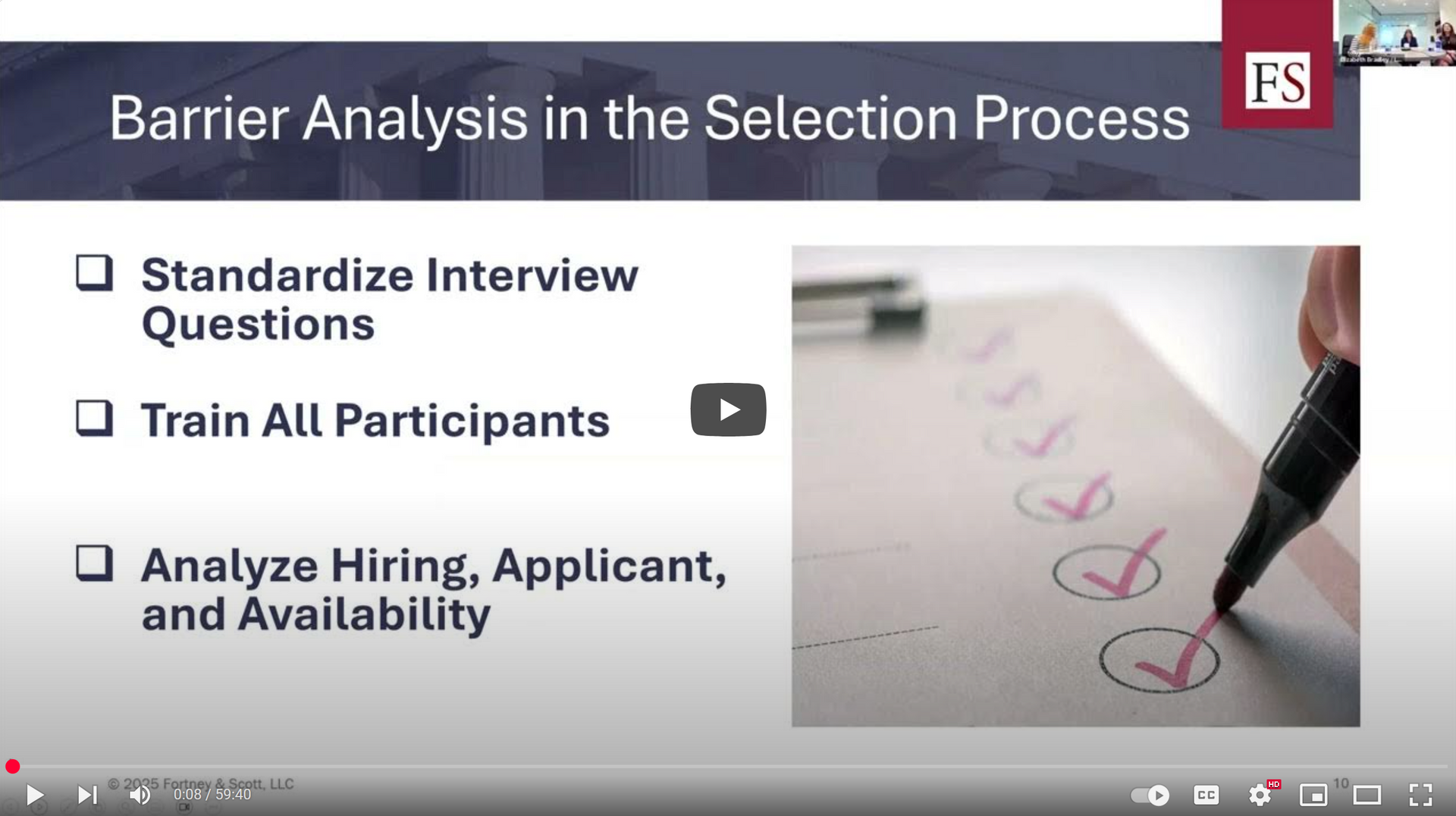
As employers navigate evolving legal, political, and cultural dynamics in the workplace, certain core obligations remain as critical as ever. This webinar will focus on three areas of the law that deserve renewed attention in 2025 and beyond: Barrier Analysis: With many employers scaling back or eliminating formal DEI initiatives, barrier analysis has become an essential—and legally sound—tool to identify and prevent workplace discrimination. We’ll explore how employers can use barrier analyses to effectively meet compliance goals and mitigate legal risk. Pay Practices: As state-level requirements continue to expand, pay practices remain central to legal compliance. We’ll break down what employers need to do now to stay ahead of audits, meet transparency mandates, and proactively address pay disparities. Accommodations: Religious and disability-related accommodation requests are on the rise. We’ll discuss recent legal developments and best practices for managing accommodation requests consistently and lawfully.
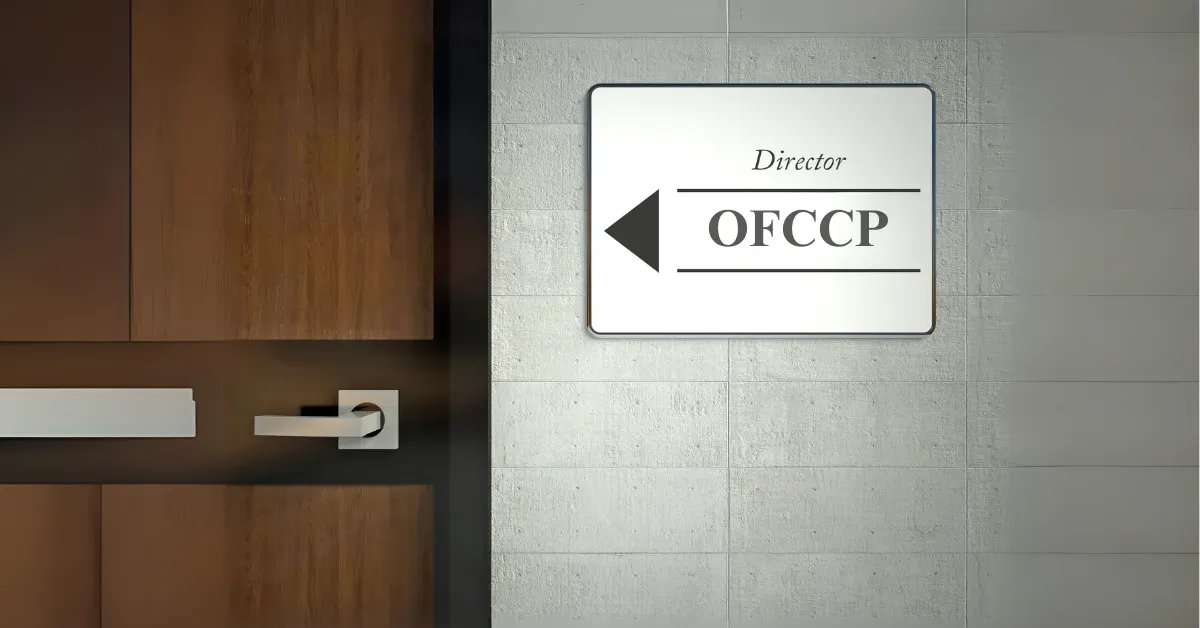
On March 24, 2025, the U.S. Department of Labor (DOL) announced Catherine Eschbach as the new Director of the Office of Federal Contract Compliance Programs (OFCCP). In an email to OFCCP staff, Director Eschbach announced that under her leadership, all reform options are on the table and “most of what OFCCP has been doing is out of step, if not flat out contradictory to our country’s laws.” Her email went further to outline “OFCCP’s transition to its new scope of mission”: Verifying that federal contractors have wound down their affirmative action efforts 91 days after President Trump’s EO 14173 rescinded EO 11246. Examining federal contractors’ prior submissions to determine whether there are any indications of discrimination and whether OFCCP should undertake additional investigations. Advising the Secretary of Labor of measures to deter DEI as required by Section 4 of EO 14173. Determining statutory authority for Section 503 and VEVRAA and whether they should be housed elsewhere in Labor Department. “Rightsizing” the staff and geographic footprint of agency. Federal contractors should pay particular attention to the last bullet above. The new Director indicates that OFCCP will review prior submissions from closed audits to review for illegal DEI. If you receive any communication from OFCCP, or other federal agencies, with regard to past submissions or requesting additional information from closed audits, please contact your FortneyScott attorney immediately With this transition of enforcement for OFCCP, federal contractors need to take the necessary action and steps to ensure they understand and comply with the new obligations as outlined in EO 14173 and above. FortneyScott is assisting many of its clients in these matters. Please reach out to your FortneyScott attorney should you have any questions.
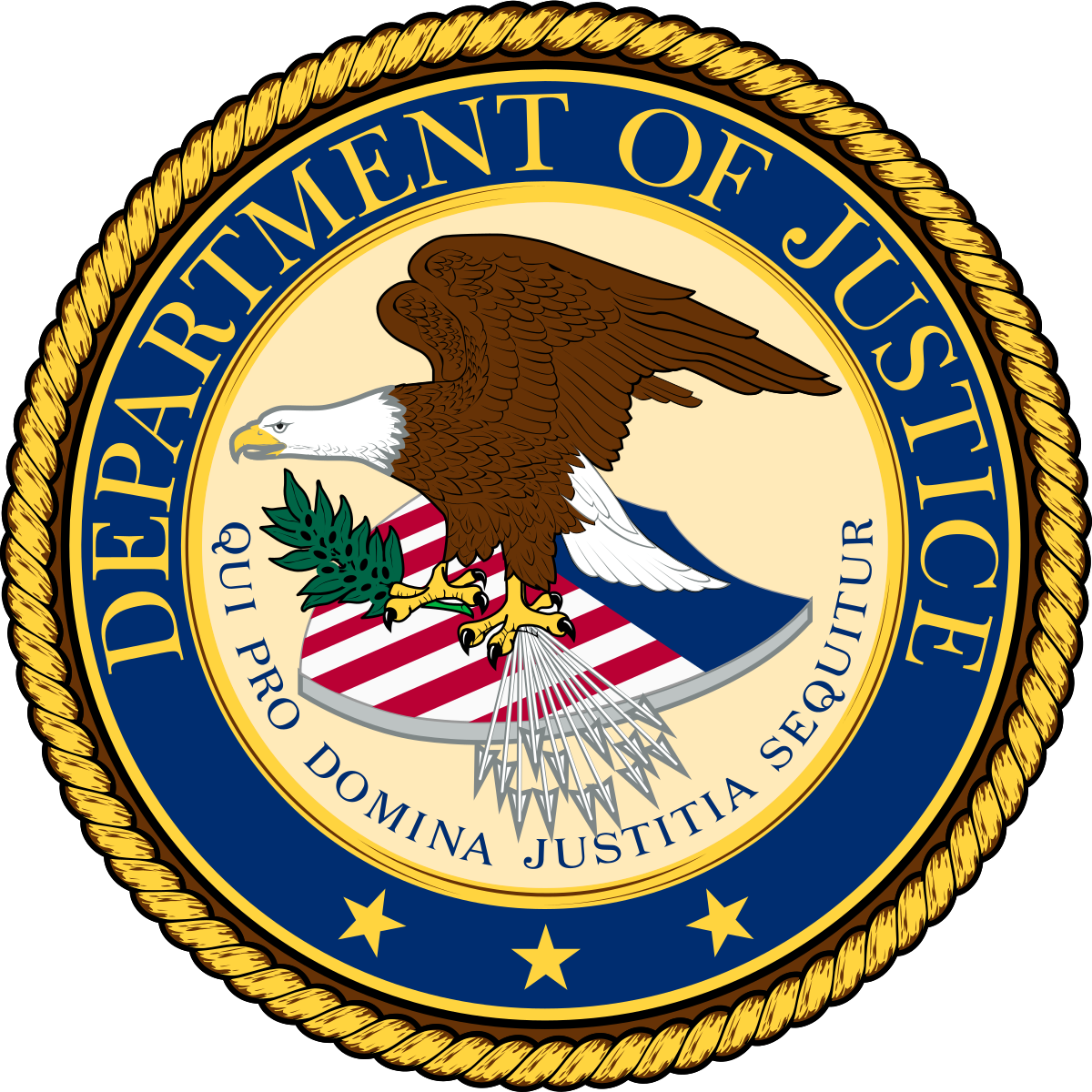
On March 19, the Department of Justice (DOJ) and Equal Employment Opportunity Commission (EEOC) released two technical assistance documents addressing “unlawful DEI,” a 1-page summary, What to Do if You Experience Discrimination Related to DEI at Work , and a longer question and answer (Q&A) document, What You Should Know About DEI-Related Discrimination at Work . In the documents, the agencies remind employees and employers that Title VII prohibits employment discrimination based on protected characteristics, such as race and sex, and that any decisions motivated, in whole or in part, by a protected characteristic are unlawful. The EEOC press release reiterates that “[t]he widespread adoption of DEI, however, does not change longstanding legal prohibitions against the use of race, sex, and other protected characteristics in employment” and the accompanying DOJ press release notes that “[u]nder Title VII, DEI initiatives, policies, programs, or practices may be unlawful if they involve an employer or other covered entity taking an employment action motivated—in whole or in part—by an employee’s or applicant’s race, sex, or another protected characteristic.” The EEOC’s technical assistance document also states that Title VII’s protections apply equally to all workers not just to minority groups. Finally, these official documents provide employees, who question their employers’ DEI practices, with instructions on how to file charges with the EEOC. In the technical assistance document, the EEOC provides the following examples of DEI practices that could be considered to violate Title VII: “Balancing” a workforce based on protected characteristics was provided as an example of unlawful conduct; DEI training may give rise to a colorable hostile work environment claim if a reasonable person would consider it intimidating, hostile, or abusive; Opposition to DEI training may be a protected activity if the employee believes that the training violates Title VII; and, Employee resource groups (ERGs), or similar programs, may violate Title VII’s prohibition of segregating employees if they are not open to all. Although the Supreme Court has not yet ruled on whether an “operational need” for diversity can justify voluntary affirmative action efforts under Title VII, the EEOC is taking the position that a company’s “diversity interest” is not a bona fide occupational qualification (BFOQ) justifying decisions based on protected characteristics. Should you have any questions regarding these or other developments, please contact your FortneyScott attorney. For additional information, be sure to visit FortneyScott’s website and the new Resource Page on Compliance with Trump Administration Changes, including our prior Webinars and Podcasts .

There were several important developments impacting federal contractors’ obligations on Friday, March 14. President Trump issued a new Executive Order eliminating federal contractor minimum wage, apprenticeship and Project Labor Agreement obligations imposed by President Biden’s Executive Orders. Additionally, an appellate court stayed the nationwide injunction on the new Certification of compliance with discrimination laws related to “illegal DEI,” which now permits the Certification obligations to be included in federal contracts. The Rescinded Executive Orders President Trump rescinded EO 14026, Increasing the Minimum Wage for Federal Contractors. This now rescinded EO applied to new or renewed federal contracts in 2022 and established an annual increase of the minimum wage for workers working on federal contracts with the minimum wage increasing to $17.75 beginning January 1, 2025. Effective immediately, federal contractors should use the rate provided in a Wage Determination, and will no longer be required to increase the hourly wage rate in order to meet the federal contractor minimum wage (this applies to both Service Contract Act and Davis-Bacon Act contracts). With regard to Davis-Bacon covered contracts, the apprenticeship obligations also were ended, as EO 14119, Scaling and Expanding the Use of Registered Apprenticeships in Industries and the Federal Government and Promoting Labor-Management Forums was rescinded. This Biden EO directed federal agencies to prioritize federal contractors and grantees who participated in registered apprenticeship programs when making award and funding decisions. Despite this EO being rescinded, we still anticipate the Trump Administration and Congress are supportive of future apprenticeship programs based on the bi-partisan support for these programs during the Secretary of Labor's confirmation hearings. Another Davis-Bacon related Executive Order rescinded focused on Project Labor Agreements (PLAs) -- EO 14126, Investing in America and Investing in American Workers, which favored companies that participated in registered apprenticeship programs and offered equitable compensation practices. Under the now rescinded EO, federal agencies were to favor grant applicants that have PLAs or support voluntary union recognition. Additionally, if applicants offered benefits such as childcare and paid leave, then that would give the applicant greater weight when being considered for funding. The Reinstitution of Compliance Certification The U.S. Court of Appeals for the Fourth Circuit granted the government's request to stay the nationwide preliminary injunction issued by the Maryland district court on March 6 relating to obligations of Federal contractors and grant recipients to certify compliance with the new prohibition on “illegal DEI.” We previously reported on the nationwide injunction, here . As a result of the Fourth Circuit stay, federal agencies now can renew efforts to require Federal contractors and grant recipients to certify compliance, subject to potential liabilities under the False Claims Act. In the future, the Fourth Circuit will address whether the certification obligations are lawful. In light of this ruling, it is important that federal contractors and grantees continue their efforts in ensuring there is no "illegal DEI."

On February 21, Judge Adam B. Abelson in the District Court for Maryland issued a preliminary injunction enjoining defendants (other than the President) from acting under parts of EO 14173. Specifically, the defendants are ordered not to: “pause, freeze, impede, block, cancel, or terminate any awards, contracts or obligations . . . or change the terms of any Current Obligation,” make federal contractors certify that they do not engage in DEI practices that violate anti-discrimination laws, or bring any enforcement actions (including FCA claims) based on the EO’s certification requirement. The government is still permitted to make lists of organizations to investigate. We will keep you apprised of any further developments.



